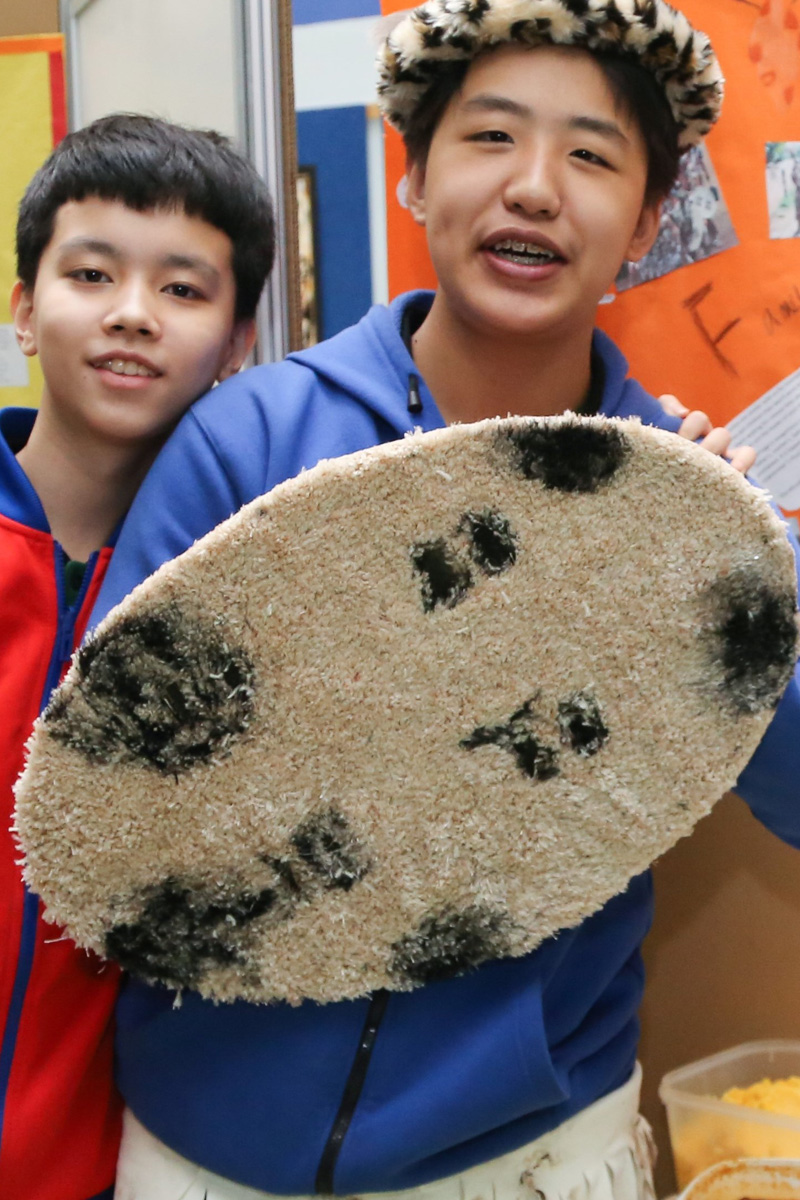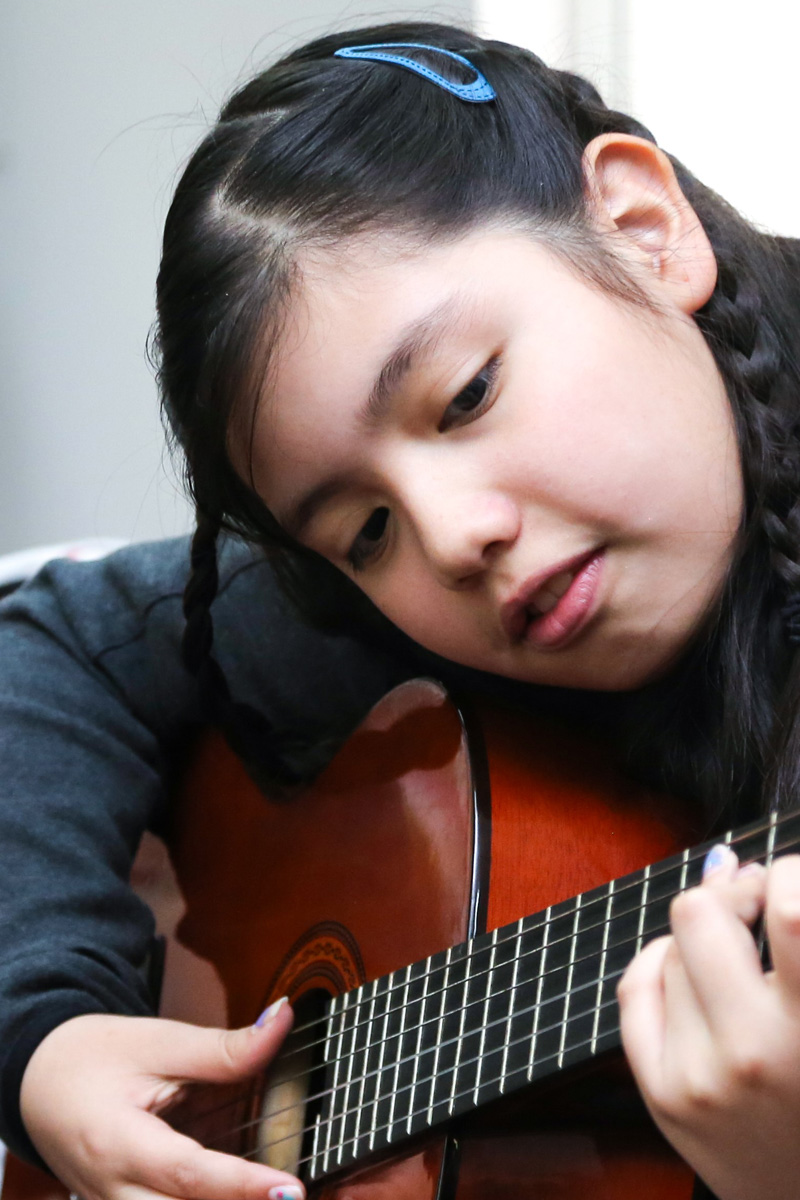
Visual Arts
The creative arts provide a critical component in the development of intellectual capacities, teaching students to look, see and understand the world we live in ……. and discover something about themselves. Artistic expression does not appear from a void. There is a process involved in producing art and design which involves the student’s critical thinking and problem solving abilities.
We also believe all students are potential artists and designers having the capacity to express themselves in a visual language. Some students’ talents will be clearly visible, others will be able to reveal their talents through hard work and effort. Whether students excel or not in the production of art they can still learn valuable real world skills through the knowledge they gain from their understanding and appreciation of art and good design…… knowledge which can help them make a difference in the world. As we live in an increasingly visual world in which art impacts our lives we believe studying art and developing one’s visual literacy is very relevant. The ability to communicate through the visual arts – both as one who produces and one who is communicated to – is almost as vital as being able to spell or count.
Lastly we believe students need the opportunity to respond, through art, to what is happening in their lives and in our world. Artists, we feel, cannot remain isolated but must be anxiously concerned for the affairs of the age in which they live. We feel it is very important that students appreciate, that along with creative writing, music, dance and drama, art can be a prime motivating factor in uplifting the spirit of human beings and inspiring and nurturing the noble sentiments which can bring about powerful social transformation.

Music
Music students learn to apply their knowledge and skills creatively through composing, performing and listening activities. Students are engaged and challenged in every unit of study. They learn to evaluate themselves and others and to continuously reflect upon their own development. Music teaches students to listen deeply and to appreciate a wide variety of music which may be new to them.
Knowledge and skills acquired in music have positive benefits in numerous aspects of life. We believe that the study of music can help enhance students’ self-esteem, self-discipline, and creativity. As musicians develop, they reinforce academic, personal, and interpersonal skills such as critical thinking, problem-solving, and working cooperatively toward shared goals. Developing such skills is key not only to musical success but, also to academic success and personal fulfillment.





